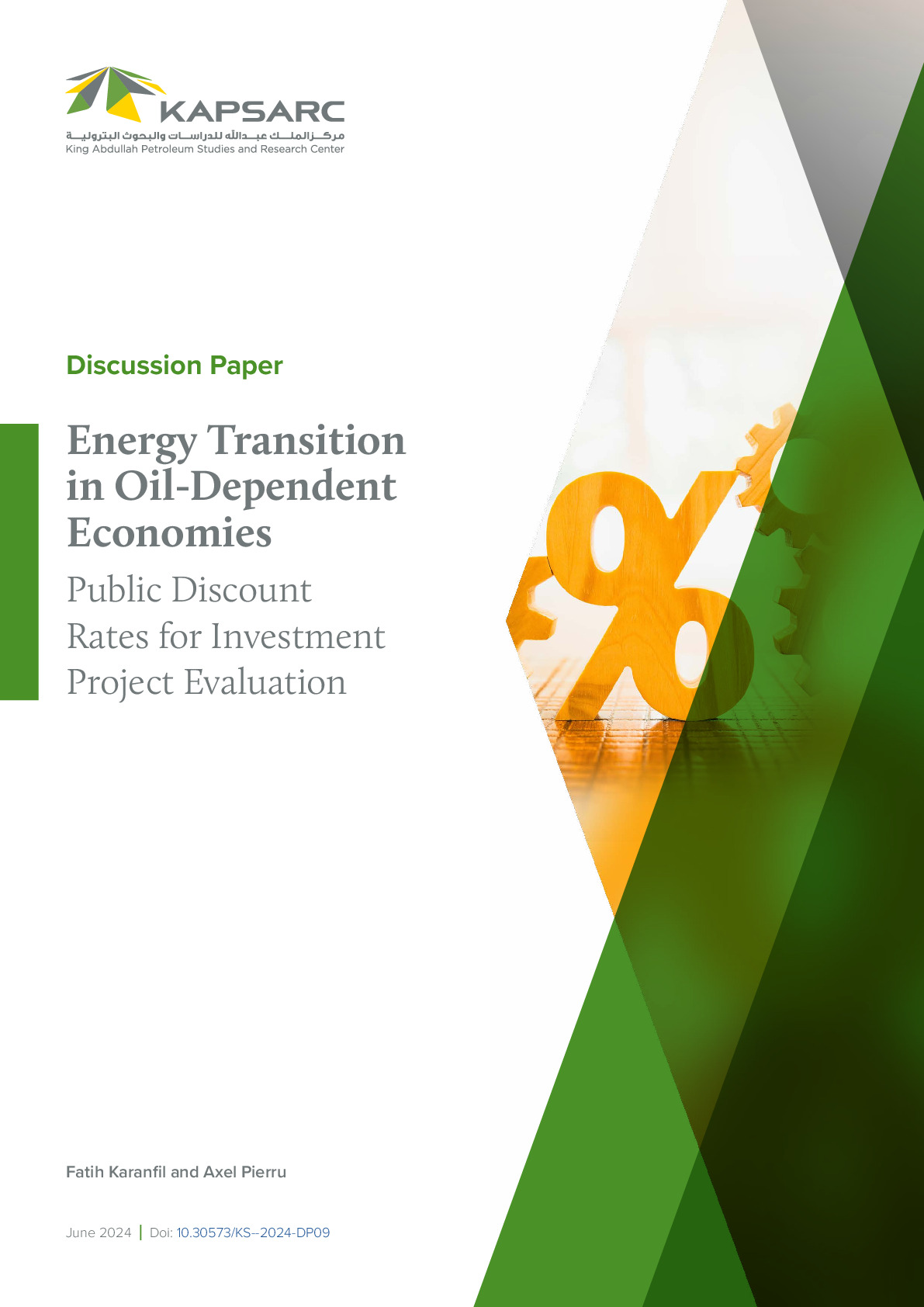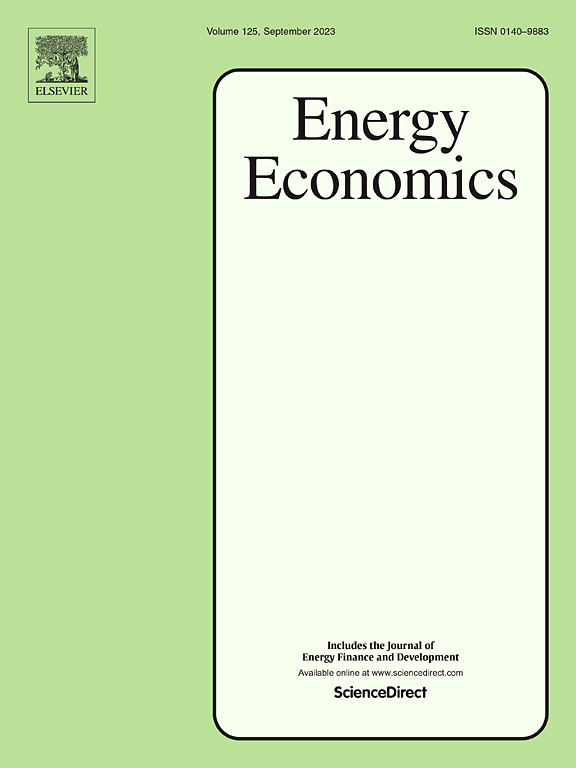Empirical studies on the trade-environment nexus that use panel data face two simultaneous challenges. One is associated with the potential presence of unobserved cross-country heterogeneity, while the other is due to the use of aggregate data. In this paper, we apply both the dynamic fixed effects and iterative empirical Bayes estimators to show first that when country heterogeneity is accurately accounted for in the estimation, it is possible to obtain significant impacts of trade variables on the environment, even though we use aggregate data. Second, using both the empirical Bayes parameter estimates and indicators of stringency of environmental regulations, we show that at low levels of stringency, the probability of having pollution-intensive foreign direct investments (FDIs) increases with a decrease in stringency. However, at high levels of regulatory stringency, more stringent regulations may lead to more pollution-intensive FDIs. This implies that pollution havens may exist only if environmental regulations are very lax or nonexistent.





